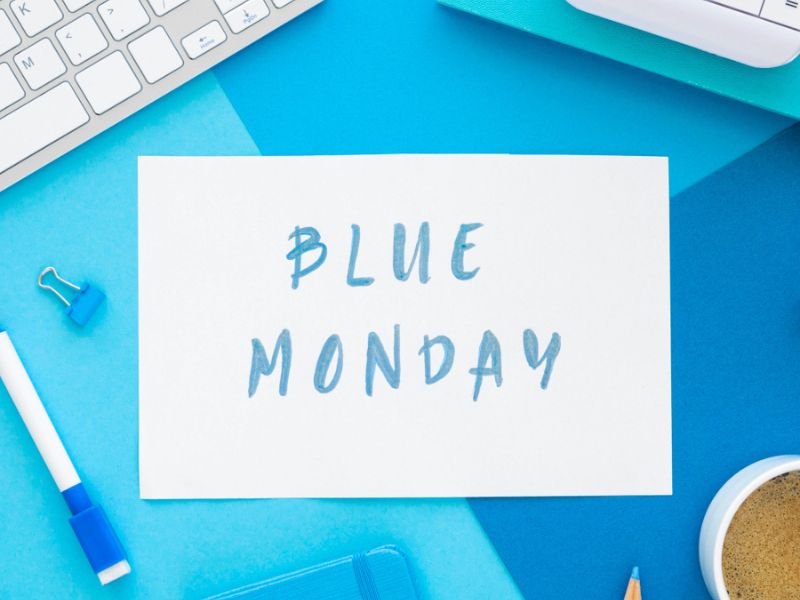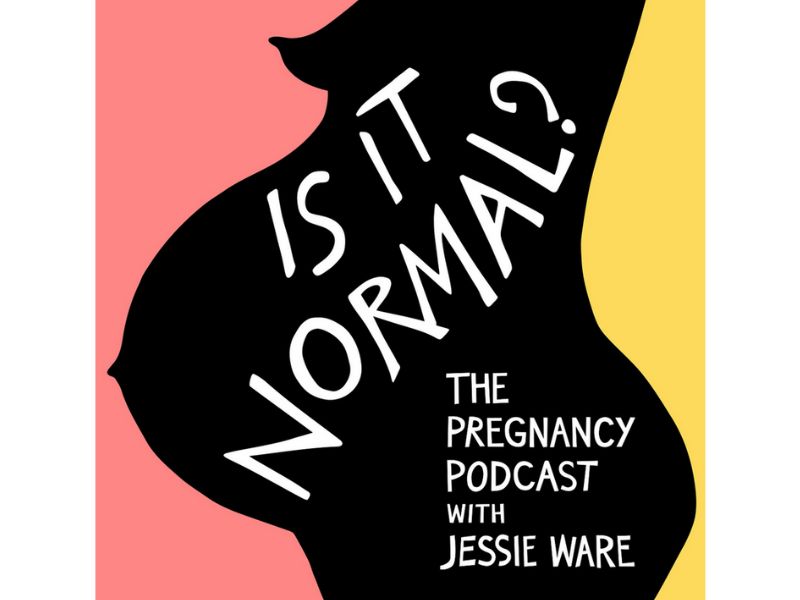
Blue Monday, typically falls on the third Monday of January. Falling on Monday 15th January this year, the concept was first introduced in 2005 by psychologist Dr Cliff Arnall, who claimed to have developed a mathematical formula to determine the most dismal day of the year.
While the scientific validity of this formula has been widely debated, the idea of Blue Monday has captured public attention, shedding light on the collective feelings of post-holiday blues, winter gloom and financial stress. Essentially bringing awareness to our health and wellbeing.
In this guide, we will look at the origins of Blue Monday, we provide practical tips to navigate the challenges associated with this perceived low point.
Many experts argue that the concept of a single “most depressing day” oversimplifies the complexities of mental health and can perpetuate a negative mindset. This day has reminded all of us that feelings of sadness and stress are multifaceted and cannot be reduced to a single day.
Understanding Seasonal Affective Disorder (SAD). We must acknowledge that some individuals experience Seasonal Affective Disorder (SAD), a type of depression that occurs at specific times of the year, usually during fall and winter.
Practical tips for beating the blues
Prioritise self-care
- Ensure you get enough sleep and maintain a consistent sleep schedule.
- Engage in activities that bring you joy and relaxation. Try reading, exercising or practising mindfulness.
Connect with others on Blue Monday
- Socialising, even if it’s through virtual means, can alleviate feelings of loneliness and isolation.
- Share your thoughts and feelings with friends, family or a mental health professional.

Embrace physical activity
- Exercise has great benefits for mental health, releasing endorphins that can improve mood.
- Choose activities you enjoy. Whether it’s a quick walk, yoga or a workout routine.
Cultivate gratitude
- Focus on the positive aspects of your life by keeping a gratitude journal.
- Reflecting on the things you are grateful for can shift your perspective.

Set realistic goals
- Break down larger tasks into smaller, manageable goals to avoid feeling overwhelmed.
- Celebrate small victories and progress, no matter how minor.
Vitamin D
- Vitamin D, often referred to as the “sunshine vitamin,” plays a crucial role in mental wellbeing. It can be particularly beneficial on Blue Monday, a day associated with low mood and energy. Natural sunlight is a primary source of vitamin D. During the winter months, when sunlight exposure may be limited, supplementing with vitamin D becomes essential. Adequate levels of vitamin D have been linked to improved mood and a lower risk of depression. This vital nutrient supports the production of serotonin, a neurotransmitter that contributes to feelings of happiness and wellbeing. Therefore, ensuring sufficient vitamin D intake through sunlight exposure or supplements can be a simple yet effective strategy to lift spirits and combat the winter blues on Blue Monday and beyond.
Don’t suffer in silence
- If you find it challenging to cope with the winter blues, consider reaching out to a mental health professional for guidance and support.
Blue Monday is a reminder to prioritise mental wellbeing during challenging times. By understanding the factors that contribute to feelings of sadness and adopting practical strategies for self-care, individuals can navigate the winter blues and work towards cultivating a positive mindset throughout the year. Seeking professional help is a sign of strength and it’s okay to ask for support when needed.
Further support can be found below.
Prince’s Trust | DepressionUK | Together | Change Mental Health








